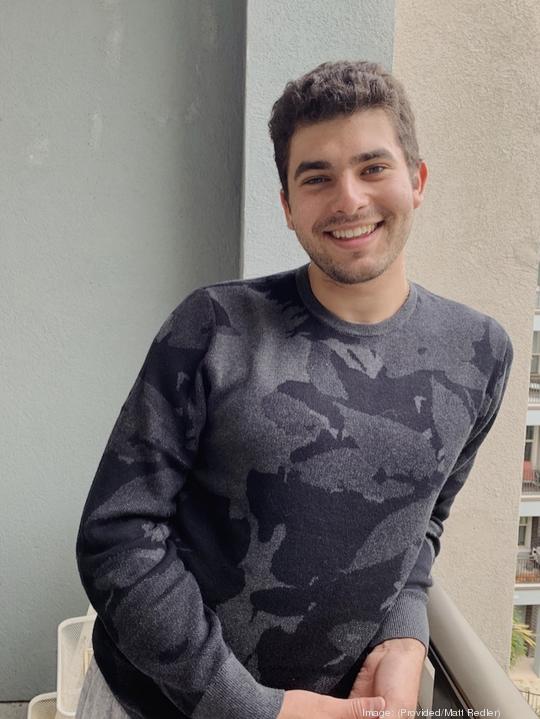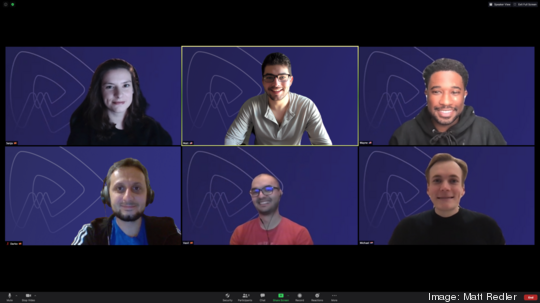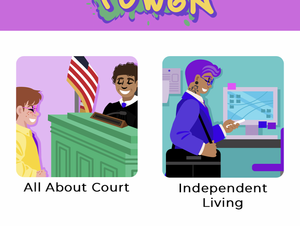
Matt Redler was ready to close $20 million when the deal fell apart.
Redler already had traction — he gained the attention of Silicon Valley executives from the likes of Shutterstock and Instacart, who invested in his company, Panther. It connected remote workers with companies at the height of the Covid-19 pandemic.
But as he prepared for the closing of the Series A deal, the investor pulled out. It was March 2021, conflicts began rising in Ukraine, and Redler’s company was put on life support.
“Lesson No. 1 I learned the hard way: If you have deals you’re 95% sure are going to close, only 50% of them ever do,” he said in an interview with Tampa Bay Inno. “I really, really learned a deal is not done until it’s done. Whether you have a handshake or someone’s word, it doesn’t matter — whether it’s sales or money.”
Two years after the deal failed and the company had multiple “near-death experiences,” Redler announced Monday that Panther is shutting down. He is folding his clients into San Francisco-based Remote, which also works in the global employment space.

“It’s not even most startups don’t succeed — the absolute vast majority don’t succeed,” Redler said. “I’m incredibly proud of everything my team and I have done; we took high risks because that was the game we were playing. Maybe it won’t be the last time I fail; it wasn’t the first.”
Panther was not the company's first iteration; it was initially Encore before turning to Chefit. But one of the biggest lessons Redler learned, he said, was the complication of folding in a company versus closing it and starting fresh.
“I learned there are significant costs of rolling one startup into another versus cleanly winding one down and ending it as a legal entity,” he said. “To be honest, the fact Panther was not a new entity but a renamed continuation ... there was just a lot of folks on the cap table, which made it harder to raise capital.”
But his next company is not focused on raising capital in the near future. Redler launched marketing tech company Advocate earlier this month, which uses artificial intelligence for personalized email campaigns that go beyond inserting a name or the recipient's alma mater.
“We send extremely personalized and thoughtful emails on behalf of clients to get the meetings to sell more and more,” he said.
He’s doing things differently this time: Advocate is an LLC versus a Delaware C-corporation. Redler is not relying on venture capital and instead wants a model that creates profit from the start, solely from customers. He repeatedly called that model “permissionless entrepreneurship,” referring to loosening the restraints typically seen in venture capital-funded companies.
“It’s important to start a business that is an adult and cover its own bills,” he said. “I don’t need anyone’s permission to exist. That means bootstrapping. But it’s also the intention is being profitable from day one.”
But whether it is a permissionless entity or moonshot startup, Redler wants to be at the helm.
“I’m a leader; I can’t see myself being just an employee somewhere,” he said. “I love to make calls. I love the responsibility. I love being able to play chess like that, and you don’t get it just from being a contributor.”









